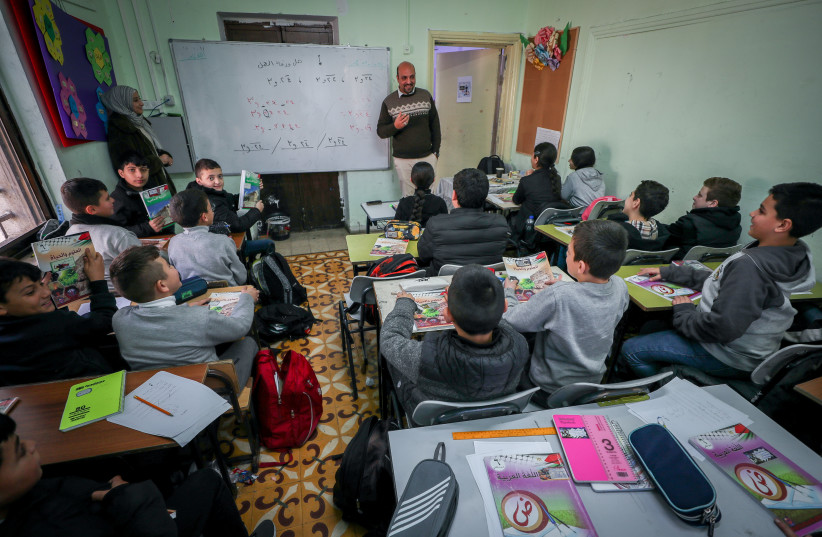Finland, once the education world’s superhero, and until recently a favorite destination for educational pilgrimages, has dropped 60 points on its mathematics PISA performance over the past 20 years. PISA defines every 20 points as equivalent to one school year. In other words, the mathematics abilities of today’s 10th-grade Finnish students are like those of their parents at the end of seventh grade. This is not a drop to be taken lightly, it’s a collapse.
The global trend is no different. The younger generation is heading towards trouble and we are ill prepared. Over the past two centuries, we believed that intellectual abilities would consistently advance through education. We invested tremendous resources in schooling, teaching almost everyone how to read and write, how to calculate, how to think rationally, and continue learning independently.
But now, with advanced technology, computers and robots can do all these tasks quicker and better than humans. What we need in our era is deeper understanding of how pandemics evolve, how climate changes, and how algorithms influence our lives. PISA, the global seismograph of education, has been focusing on these applied skills and is sending warning signs of the downward trajectory.
Many European countries have experienced a substantial falloff in education in the past two decades, frequently influenced by waves of immigration and political unrest, leading to increased gaps along gender and ethnic lines. Even Poland, which had already reached the top 10 performing countries in 2015, is now sinking. Most Arab and South American countries are declining, with less than 1% of their students excelling in mathematics.
On the other side of the globe, in several Asian countries, educational performance is skyrocketing. Japan, Hong Kong, Taiwan, and Korea reach extremely high levels of achievement. Singapore, the world’s top performing country in education, has 41% of its students excelling in mathematics, compared to a global average of 9%. Only 8% of the Singaporean students are low performing, in comparison to an average of 31%.

Israel bucks the downward trend
Andreas Schleicher, the director of education at the OECD, which administers the PISA tests, recently noted that there is a group of countries that have bucked the downward trend. He named Israel among these top eight education systems improving in mathematics over the past 20 years. The PISA results, published last week, showed Israel moving up from the 31st to the 22nd place in the world in its rate of top performing students in mathematics.
Here is where Israel’s top-notch science centers and thriving hi-tech companies play a special role. They are a source of inspiration for many Israeli youngsters who dream of becoming innovators and entrepreneurs. An effective public-private partnership has helped ignite a 150% increase over the past decade in the number of high school students graduating with a major in five-unit advanced mathematics.
Following the success in high schools, the government has now joined hands with philanthropy and the universities to lead a curriculum upgrade in middle school as well. The Technion, Weizmann Institute, and Haifa University, among others, are developing new mathematics curricula for schools. In ninth grade, many students are no longer studying parabolas and exponential functions out of context, rather they use mathematics to understand the workings of genetics, autonomous cars, and even basketball.
For Western countries, PISA sounded a very troubling alarm. It showed them how sensitive their education systems are to demographics, economics, politics, and pandemics. Israel has all of these to tackle plus immense social gaps and now, a terrifying war that has slowed down our children’s education. In the aftermath of the war, Israel will need to heal, rebuild, and secure a better future for its people among the nations.
The writer is executive director of the Trump Family Foundation.
